"Discover the admission process for the Diploma in Gynecology and Obstetrics (DGO). Embark on a journey into the specialized field of women's healthcare."
Admission Process for DGO Course
The Diploma in Gynecology and Obstetrics (DGO) is a distinguished and vital postgraduate medical program that caters to healthcare professionals aspiring to specialize in the realm of women's reproductive health. This program plays a pivotal role in equipping medical practitioners with advanced knowledge and practical skills in the fields of gynecology and obstetrics. By pursuing a DGO, healthcare professionals are better prepared to provide comprehensive care to women, especially during pregnancy, childbirth, and related health matters. In this comprehensive article, we will delve deeply into the Diploma in Gynecology and Obstetrics (DGO) program, elucidating the eligibility criteria and the admission process in great detail, offering insights into the specific prerequisites and procedures involved in embarking on this specialized medical journey.
Diploma in Gynecology and Obstetrics (DGO) Eligibility Criteria
Eligibility criteria serve as a fundamental benchmark for candidates aspiring to enroll in the Diploma in Gynecology and Obstetrics (DGO) program. These criteria are meticulously designed to ensure that candidates possess a strong foundation in medicine and relevant clinical experience, both of which are essential for success in this specialized field. While the specific requirements may exhibit minor variations between institutions and regions, several common eligibility criteria are universally applicable:
-
Medical Qualification: Candidates must hold a recognized medical degree, such as a Bachelor of Medicine and Bachelor of Surgery (MBBS), from an accredited medical institution. This foundational medical degree serves as the stepping stone upon which the DGO program is constructed.
-
Medical Council Registration: Candidates are required to be registered medical practitioners, possessing a valid medical license issued by the pertinent medical council or authority in their respective country. This registration attests to the candidate's eligibility to practice medicine.
-
Completion of Internship: Many institutions mandate that candidates have successfully completed a mandatory internship or horsemanship program following the attainment of their medical degree. This practical experience offers broad clinical exposure, encompassing various medical disciplines, including gynecology and obstetrics.
-
Minimum Marks Requirement: Some DGO programs stipulate a minimum percentage of marks that candidates must have achieved in their MBBS degree. This minimum aggregate score is often around 50% or higher, serving as a testament to the candidate's academic competence.
-
Clinical Experience: While not universally mandatory, some DGO programs may favor candidates who possess a certain amount of clinical experience, particularly in the domains of gynecology and obstetrics. Practical exposure in these areas can significantly bolster a candidate's suitability during the admission evaluation process.
-
No Objection Certificate (NOC): Candidates who are currently employed as medical practitioners may be obliged to furnish a No Objection Certificate (NOC) from their employer. This certificate grants candidates permission to pursue further studies and is instrumental in ensuring that professional commitments do not hinder academic pursuits.
Diploma in Gynecology and Obstetrics (DGO) Admission Process
The Admission Process for the Diploma in Gynecology and Obstetrics (DGO) program is a meticulously structured procedure aimed at identifying and selecting candidates who demonstrate unwavering commitment and aptitude for advanced medical education in the domain of women's health. The process is designed to be thorough, transparent, and equitable. It typically encompasses the following key steps:
-
Submission of Application: Prospective candidates must initiate their journey toward pursuing a DGO by duly completing and submitting the application form. These forms are provided by the institution or university offering the DGO program and are often available for online submission.
-
Verification of Documents: Candidates are required to furnish a variety of documents as part of their application, including their medical degree certificates, proof of medical council registration, internship completion certificate, academic transcripts, and any other pertinent certificates. These documents undergo meticulous verification to ascertain their authenticity.
-
Interview or Counseling: Certain institutions include interviews or counseling sessions as an integral component of the admission process. During these interactions, candidates have the opportunity to articulate their medical experiences, elucidate their career aspirations, and expound upon their motivations for pursuing the DGO program. These interviews or counseling sessions facilitate the assessment of a candidate's suitability for the program.
-
Preparation of Merit List: Based on a comprehensive evaluation that encompasses a candidate's medical qualifications, clinical experience, and performance during interviews (if conducted), institutions compile a merit list. Candidates are subsequently ranked based on the aggregate score derived from these multiple criteria.
-
Seat Allotment: The allocation of seats in the DGO program is conducted judiciously, considering a candidate's ranking in the merit list and the availability of seats within the institution. This allocation endeavor ensures an optimal match between candidates and programs that align with their qualifications and aspirations.
-
Confirmation of Admission: Upon being allocated a seat, candidates are required to affirm their admission by fulfilling specific obligations, which generally include the payment of requisite fees and the submission of essential documents. These documents often encompass proof of medical council registration, the No Objection Certificate (if applicable), and any other documents stipulated by the institution.
-
Commencement of Studies: Subsequent to the successful confirmation of admission, students embark upon their educational odyssey within the DGO program. The curriculum is extensive and encompasses advanced courses, clinical rotations, and practical training, all of which are meticulously designed to equip medical practitioners with the expertise and proficiency required to offer specialized care to women.
 2 Years
2 Years
 Diploma
Diploma
 Paramedical Science
Paramedical Science
 Full Time
Full Time

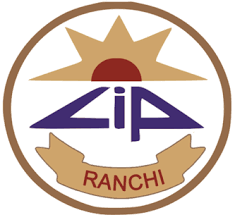
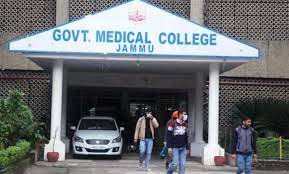
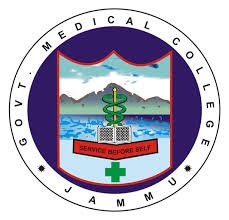
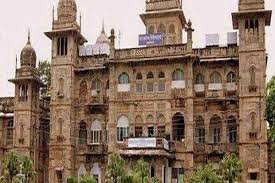
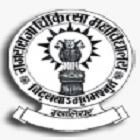
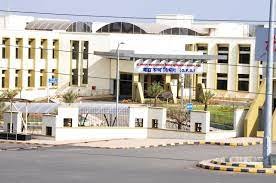
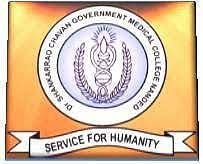
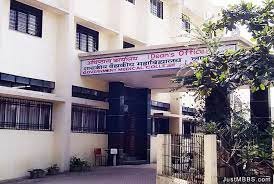
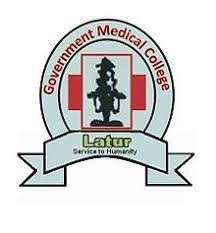
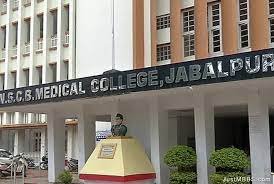
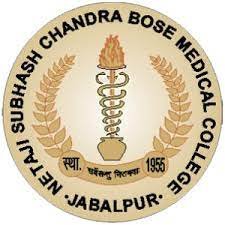
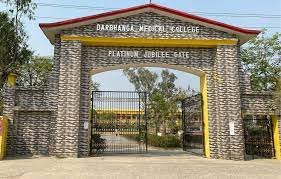
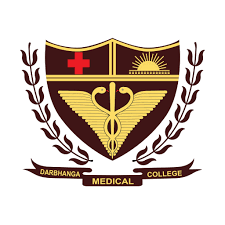
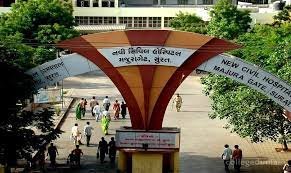
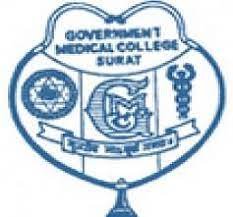
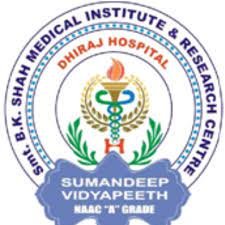
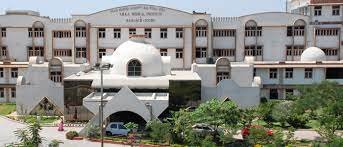

 back
back

